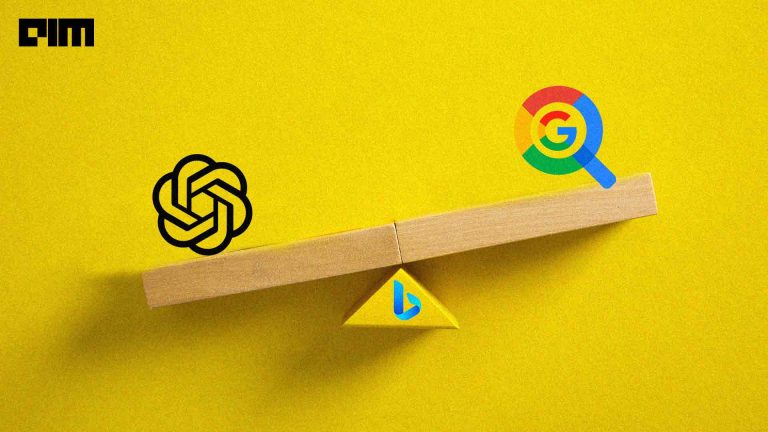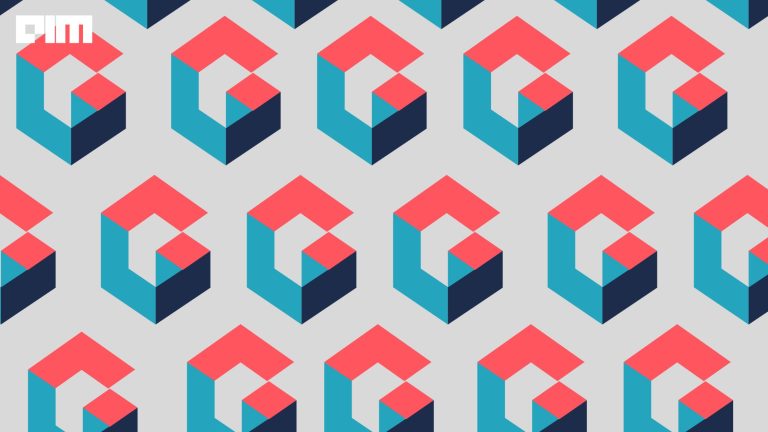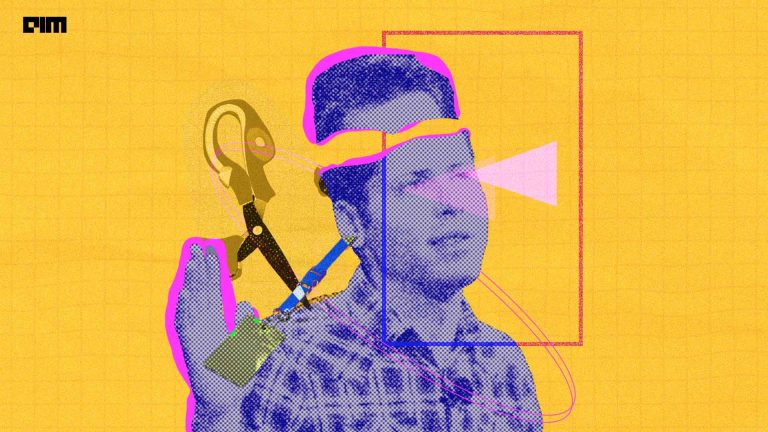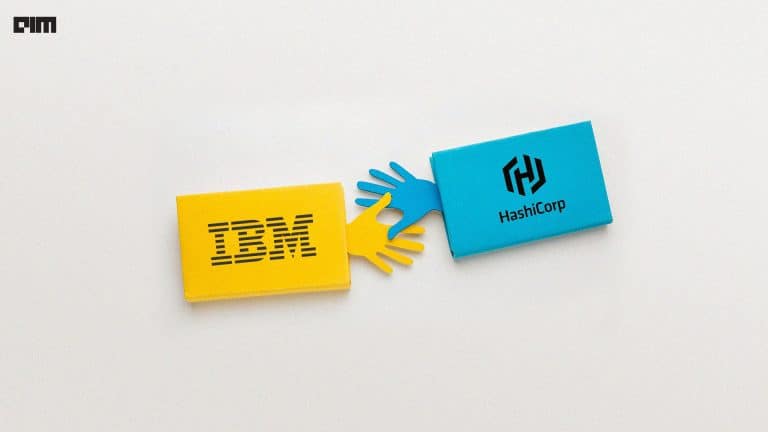|
Listen to this story
|
Google has made a recent breakthrough by successfully observing non-Abelian anyons, quantum particles with exotic statistical properties that defy the commutative property of multiplication. The application of non-Abelian anyons can revamp the field of quantum computing by improving its resistance to noise and better topological quantum computation.
In February 2023, Google surprised the community with a significant breakthrough by successfully demonstrating the capability to lessen errors in calculations while simultaneously increasing the quantity of physical quantum bits in a “logical qubit”.
The legacy of quantum computing at Google goes back to 2014 when the company established a dedicated quantum AI lab. Fast forward to 2019, Google made a groundbreaking revelation by attaining “quantum supremacy” through its Sycamore quantum processor. Since then, Google has persistently pushed the boundaries of quantum computing.
In 2022, the tech giant announced the creation of its second-generation quantum processor, known as Bristlecone, which surpasses the capabilities of Sycamore and possesses the capacity to undertake even more intricate calculations.
However, Google’s recent breakthrough of observing non-Abelian anyons came a few days after Microsoft, JPMorgan, and Nvidia announced that they have tied up with Honeywell-backed Quantinuum to launch their H2 quantum processor. The processor incorporates non-Abelian anyons through intricate braiding techniques.
Competitors Run the Show
Besides partnering, Microsoft is also using non-Abelian particles in their quantum computing approach. Moreover, IBM has already embarked on an early investment in this domain by introducing Watson X, a powerful AI and data platform tailored for enterprises to amplify the influence of AI throughout their operations.
At the Cleveland Clinic, IBM has installed the first US-based, private-sector quantum computer, and plans to introduce the Heron processor later this year. On the other hand, Microsoft has collaborated with AMD, a chip company, to develop their own in-house AI processors known as ‘Athena’, in an attempt to stay ahead of the game.
Additionally, AWS has launched two specialised skill development programs in India, which are specifically focused on advancing quantum computing.
Tracing Back a Little
At the Google I/O 2022 conference, Google created quite a spectacle regarding quantum computing, showcasing a cutting-edge research facility named the Google Quantum AI campus in Santa Barbara, California. They also released the TPUv4 pod, a revolutionary powerhouse composed of custom-made 5 nm TPU chips, resulting in 18 times faster training speed compared to its predecessor.
But at this year’s Google I/O, it was just the introduction of the second generation of its custom AI chip, the Tensor G2. Built on a 5nm processor, it includes new ML accelerators designed to improve the performance of AI-powered features on Pixel devices. Google Cloud has also announced the new A3 supercomputer virtual machine.
However, this year, it seemed that Google deliberately chose to withhold the announcement of non-Abelian anyons. But why so?
Read more: After Google, Microsoft Targets Nvidia
AI Takes the Centre Stage
In an interesting turn of events, Google chose to ignore quantum and redirect their unwavering focus towards reclaiming dominance in the AI race. It unleashed a slew of AI advancements, including PaLM 2, MedPaLM 2, Workspace, Duet AI, Vertex AI, immersive map features and more.
However, ever since Google sounded the internal alarm by issuing ‘Code Red’, it was evident that the team, already gripped by panic, had descended into chaos. Amid the aftermath of the disastrous Paris event, the I/O conference proceeded almost smoothly, yet it was palpable that Google was trying too hard to wage its battle. Chief Sundar Pichai has taken a particular liking to the two-letter acronym AI that he uttered more than 27 times.
Maybe it is their ‘bold and responsible AI’ approach that is backfiring. “We believe our approach to AI must be both bold and responsible. To us that means developing AI in a way that maximises the positive benefits to society while addressing the challenges, guided by our AI Principles,” Google shared on their website.
Google has always been very cautious in its approach. But it remains sluggish in catching up with the swift tech advancements. In a recent interview with The Verge, Pichai commented on their ‘bold and responsible AI’ that looks like is backfiring. “We took time to ensure we got it (the technology) right, especially considering the widespread use of their products in critical situations. It is a matter of importance and ensuring that we approached it correctly,” he said.
So, if Google really wants to build a useful quantum computer by 2029, it better get back to focusing on the right pointers, or else it is going to lose that race, too. The stakes are high, and time is unforgiving.
Read more: Google-backed Startups Are Using OpenAI’s GPT, Should it be Worried?



















































































